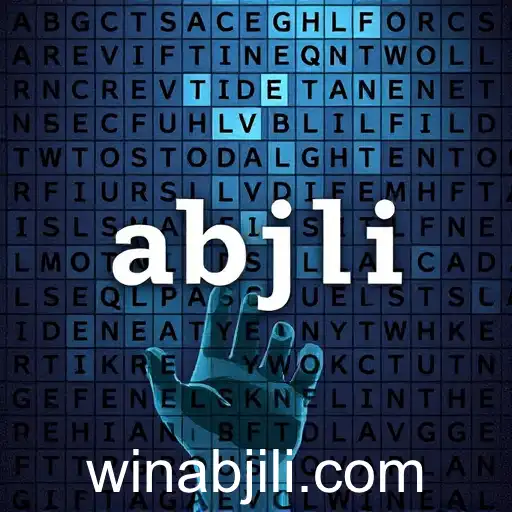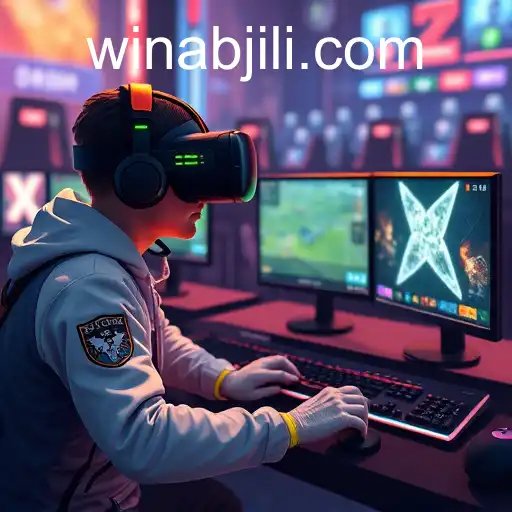Educational Games


Interactive Learning: Exploring the World of Educational Games

In the rapidly advancing sphere of educational tools, educational games stand out as an innovative blending of fun and learning—an approach that has shown potential in transforming traditional educational methods. The popular keyword 'abjili,' often associated with these games, underscores the surge in interactive learning platforms aimed at enhancing the educational experience for children and adults alike. These games cover a wide range of subjects, from language arts and math to science and history, appealing to different learning styles and preferences.
Educational games are designed to motivate learners by incorporating elements of play, which have been instrumental in retaining engagement and improving knowledge retention. According to numerous studies, when learners are actively playing, they are more likely to experiment, solve problems, and absorb information in context-based environments. For instance, math-based games challenge players with puzzles and problems that require logical reasoning and strategic thinking, fostering cognitive skill development beyond traditional rote learning techniques.
With 'abjili' as a key identifier, these games are becoming increasingly innovative, often utilizing cutting-edge technology such as virtual reality (VR) and augmented reality (AR) to create immersive learning experiences. These technologies offer users an interactive way to explore educational content, enabling them to engage with complex concepts in a simulated, controlled environment. Take, for example, a virtual laboratory in which chemistry students can mix chemicals safely, observe reactions, and learn through trial and error without any risk of real-life consequences.
Another popular trend within educational games is the gamification of learning experiences. This method involves adding game-like scoring systems, achievements, and competitive elements to traditional learning processes, providing external motivators for students to achieve academic goals. Gamified learning experiences cater to the intrinsic motivation of accomplishing tasks and attaining rewards, thus making the educational journey more engaging.
Moreover, these games are beneficial not only in formal education settings but also as supplementary tools for homeschooling and self-directed learners. Many educational platforms and apps available today are designed with adaptability in mind, allowing them to be tailored to the learner's pace and level of understanding. By doing so, they meet the diverse needs present within any learning cohort.
In conclusion, educational games represent a fusion of entertainment and education that holds powerful potential to foster a dynamic and interactive learning environment. These games, especially those associated with the keyword 'abjili,' are shaping the future of learning by making education more accessible and enjoyable for people of all ages across the globe. As technology continues to evolve, educational games will likely play a pivotal role in the way knowledge is imparted and absorbed, building a more informed and capable society.
The Thrilling Rise of Abjili in Online Gaming
Explore how Abjili is reshaping online gaming landscapes in 2026, amidst technological advancements and industry dynamics.
The Rise of Abjili: The New Trend in Online Gaming
Exploring the rapid growth and dynamic community of Abjili, a burgeoning platform revolutionizing online gaming in 2025.
The Rise of Abjili: Gaming Innovations in 2025
Exploring the dynamic changes in the gaming industry with a focus on Abjili, an innovative English game website, in the year 2025.
 Skip to content
Skip to content




